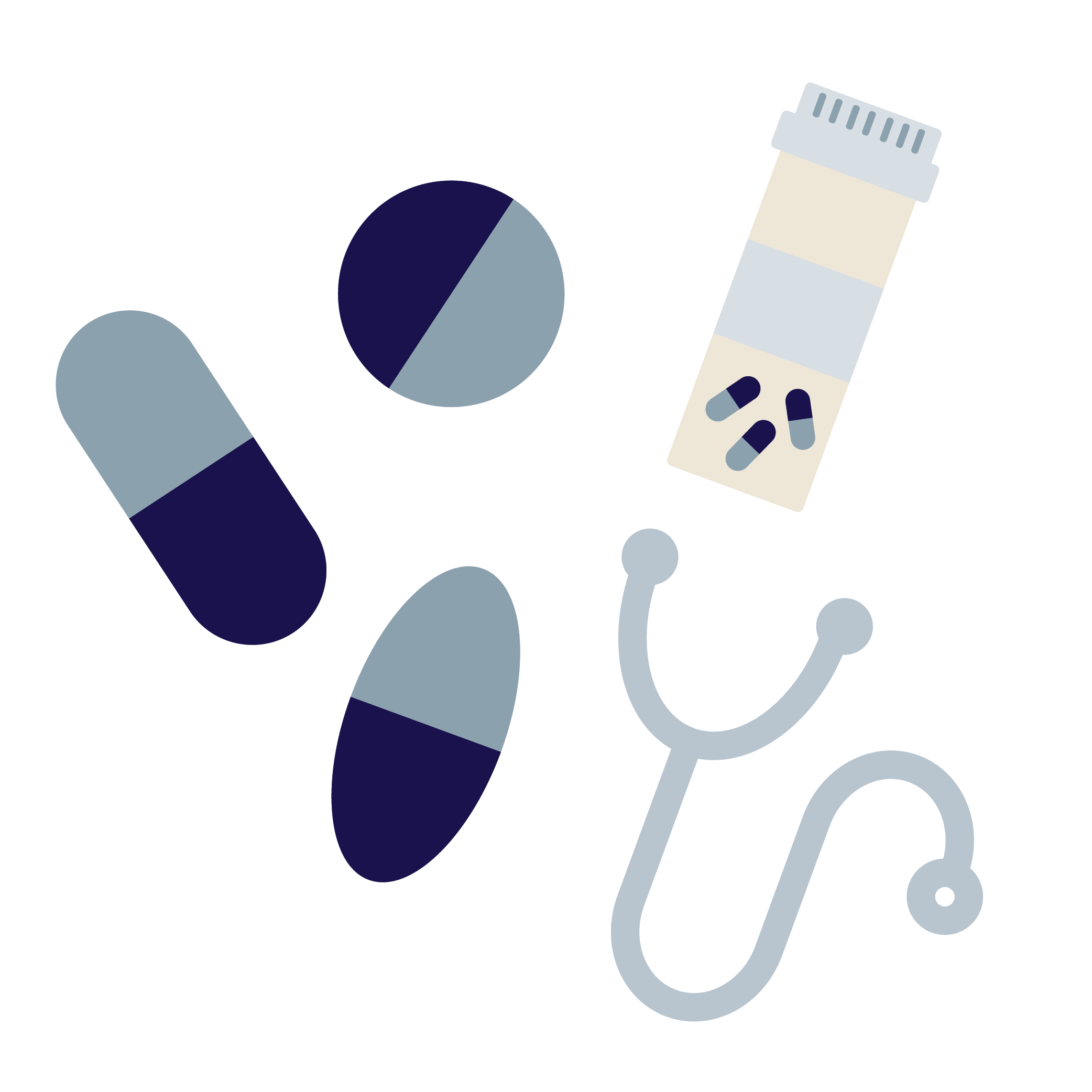
CYSTITIS — WHAT YOU NEED TO KNOW
CYSTITIS — WHAT YOU NEED TO KNOW
What is cystitis?
Cystitis is when your bladder becomes inflamed, usually because of a urinary tract infection (UTI). It’s a common condition, particularly in women.

What are cystitis symptoms?
Symptoms include a burning feeling when you pee; needing to pee suddenly or more often than usual especially at night; and cloudy looking urine.
If you notice any new lower back pain, uncontrollable shaking, vomiting, fever or chills you could have a more serious infection. You should see a doctor as soon as possible.
What causes cystitis?
Cystitis is caused by bacteria, usually from your bowel, getting into the tube you pee out of (urethra) and infecting your bladder.
Women get cystitis more often than men because they have a shorter urethra and it’s closer to their anus. This means that the bacteria can spread to the urinary tract more easily.
How can I relieve my cystitis symptoms?
Mild cases can improve without treatment, generally within two days, if you drink at least two litres of clear fluids daily.
Until you’re feeling better it may also help to: take paracetamol or ibuprofen; pee often; avoid having sex (in case it spreads the bacteria to your urethra); hold a hot water bottle on your tummy or between your thighs; and avoid too much alcohol, caffeine or fizzy drinks. As always, you should wipe from front to back when you go to the toilet.
How can I stop cystitis coming back?
You can take steps at home to help avoid your cystitis recurring. Drink a minimum of two litres of clear fluids every day; pee after sex; make sure you wipe front to back after using the toilet; don’t wait to pee — go as soon as you need to. Drinking unsweetened cranberry products can also help.

